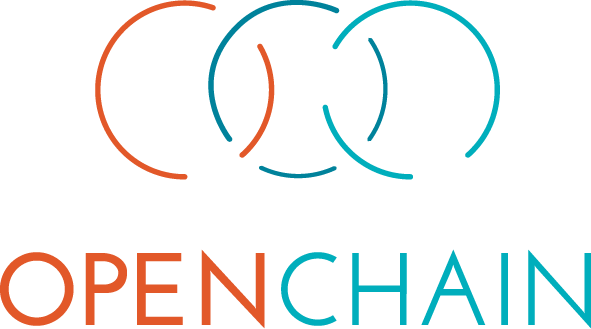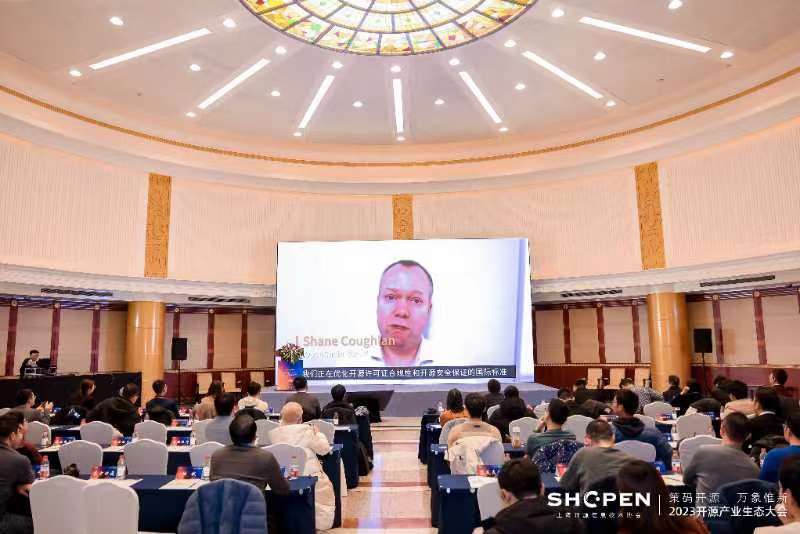
Newsletter – Issue 62 – January 2024
The OpenChain Newsletter provides a monthly summary of our work. It contains an overview of what we are doing to build trust around license compliance and security in the open source supply chain. We accept suggestions and ideas. Feel free to mail us at any time.
Headline News
The OpenChain Project in 2023 – Annual Report
The OpenChain Project in 2024 – Where We Go Next
- Dave Marr Announced as OpenChain Chair Emeritus
- Software Security Technology Co., Ltd. announces an ISO/IEC 5230 conformant program
- Shanghai Development Center of Computer Software Technology Software Engineering Institute announces an ISO/IEC 5230 conformant program
- China Industrial Control System Cyber Emergency Response Team (CIC) officially adds OpenChain Third-Party Certification to their Partnership
Outreach
Webinars
Meetings
Our community released the following meeting recordings via our main channel:
- OpenChain Monthly North America / Europe Call – January 2024 (2024-01-09)
- OpenChain Export Control Work Group 2024-01-09
- OpenChain Telco Work Group – Morning Meeting – 2024-01-11
- OpenChain Telco Work Group – Afternoon Meeting – 2024-01-11
- OpenChain Monthly North America / Asia Call – January 2024 (2024-01-16)
- OpenChain Legal Work Group – 2024-01-17
- OpenChain AI Study Group – Kick-Off Call – 2024-01-23
Note: Some community meetings are not recorded or are released through other channels




